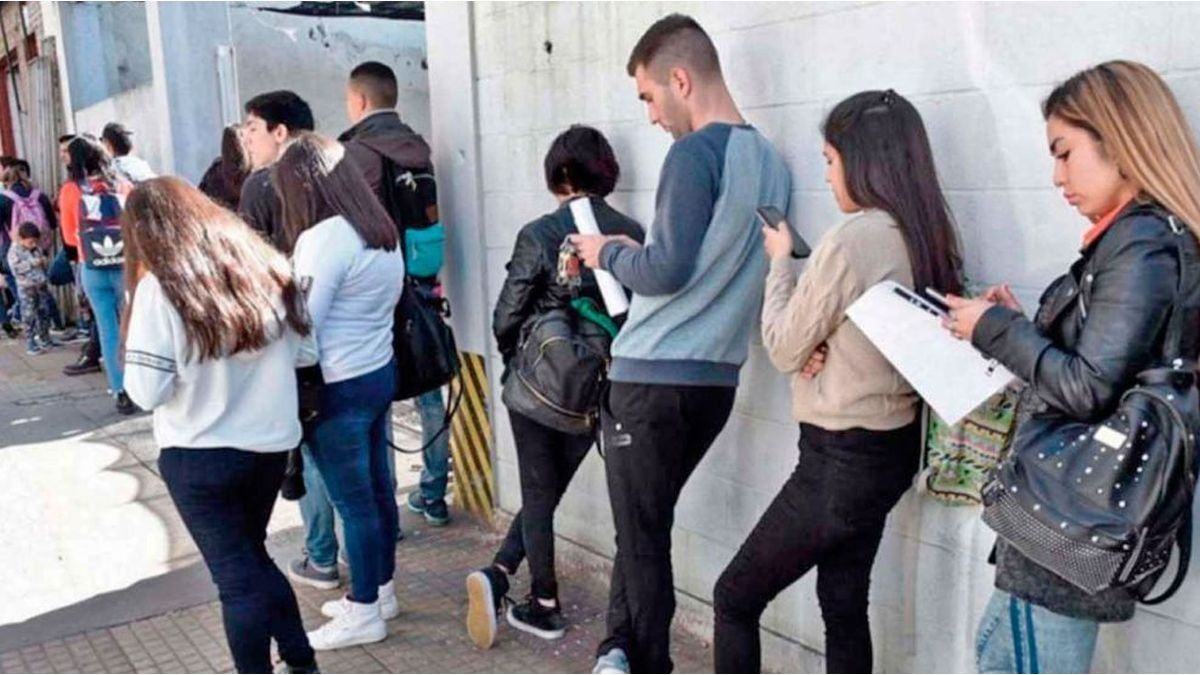“Money doesn’t grow on trees,” said Deputy Governor and Housing Officer Manfred Haimbuchner (FP) at a press conference on Monday in Linz. Nevertheless, in negotiations with the non-profit property developers, they managed to “carry out a far-reaching reform in housing subsidies”. Four regulations will be submitted for review in the next few days, and the new rules will come into force at the beginning of 2025. Among other things, the aim is to ensure that around 2,000 subsidized apartments are built each year and that rents are kept stable. Robert Oberleitner and Stefan Hutter, chairman and deputy chairman of the Association of Non-Profits in Upper Austria, were also present at the presentation.
Above all, agreement was reached on a successor plan for new building funding. As reported, there was a five-point plan for 2023 and 2024 to maintain construction performance despite increased construction and financing costs. Firstly, the state adjusted its loan conditions, and secondly, the property developers increased their use of equity in construction projects from eleven to 20 percent (with an interest rate of 1.9 percent). The share of conventional bank loans in social housing fell to a good 20 percent.
From 2025, property developers will be able to reduce their use of equity capital again to eleven percent. If you do this, you can charge 2.2 percent interest, with 15 percent equity it is 2.4 percent interest, with 20 percent equity 2.6 percent interest. The amount of equity capital used could vary from project to project, said Haimbuchner. The property developers also have different levels of equity capital.
100 euros more per square meter
At the same time, the state is increasing the extent of its direct loans for social housing projects by 100 to 1,100 euros per square meter. Including the base amount and open spaces, the state will finance seven percent more in the future. The interest rates for the state loan remain at 0.5 to one percent over 45 years. This makes it possible for the share of bank financing to remain at a good 20 percent, even if the property developer reduces his investment to eleven percent – if he does not do this, the bank share can even be lower.
The state is also increasing funding for the associated underground car parks. Instead of the current 1,000 euro loan per parking space for four-story buildings, there will now be 5,000 euros per parking space, and for three-story buildings, where there was previously nothing, 2,500 euros per parking space.
“}”>
Image: Land/Kauder
Source: Nachrichten




